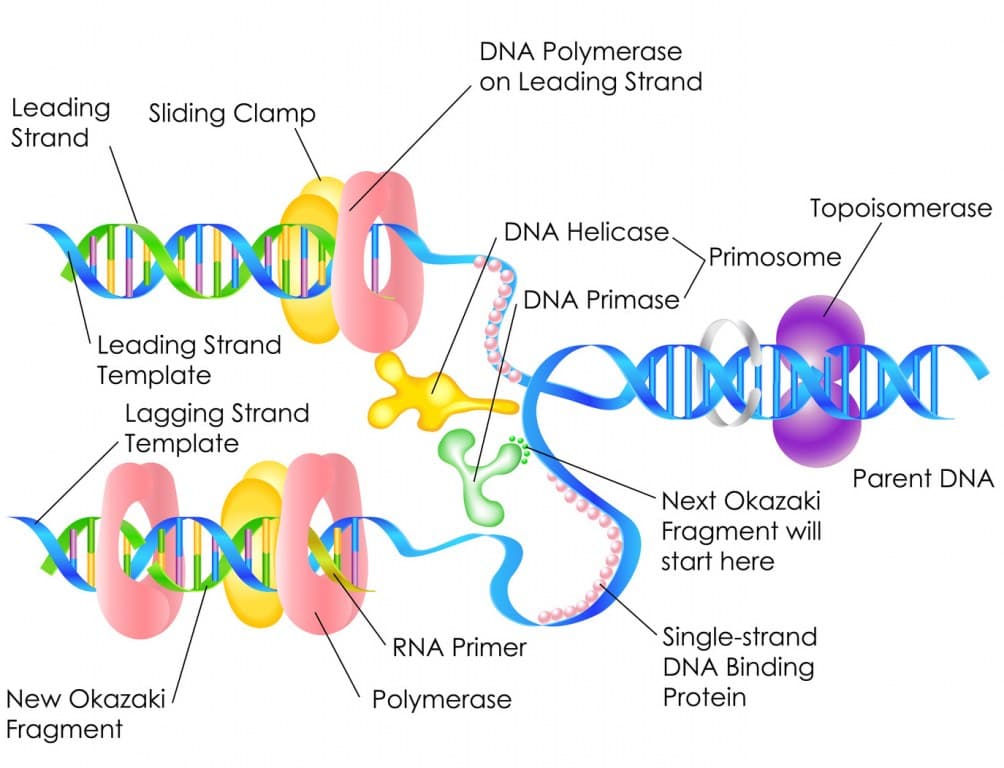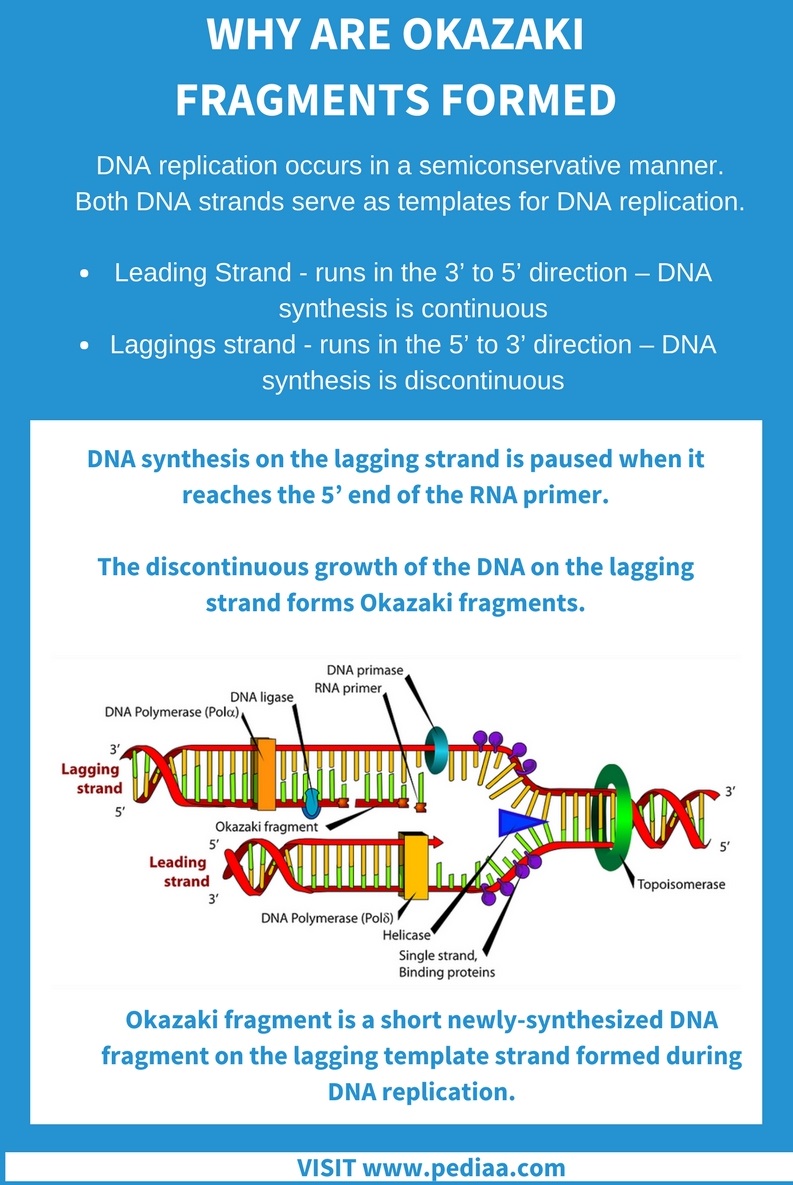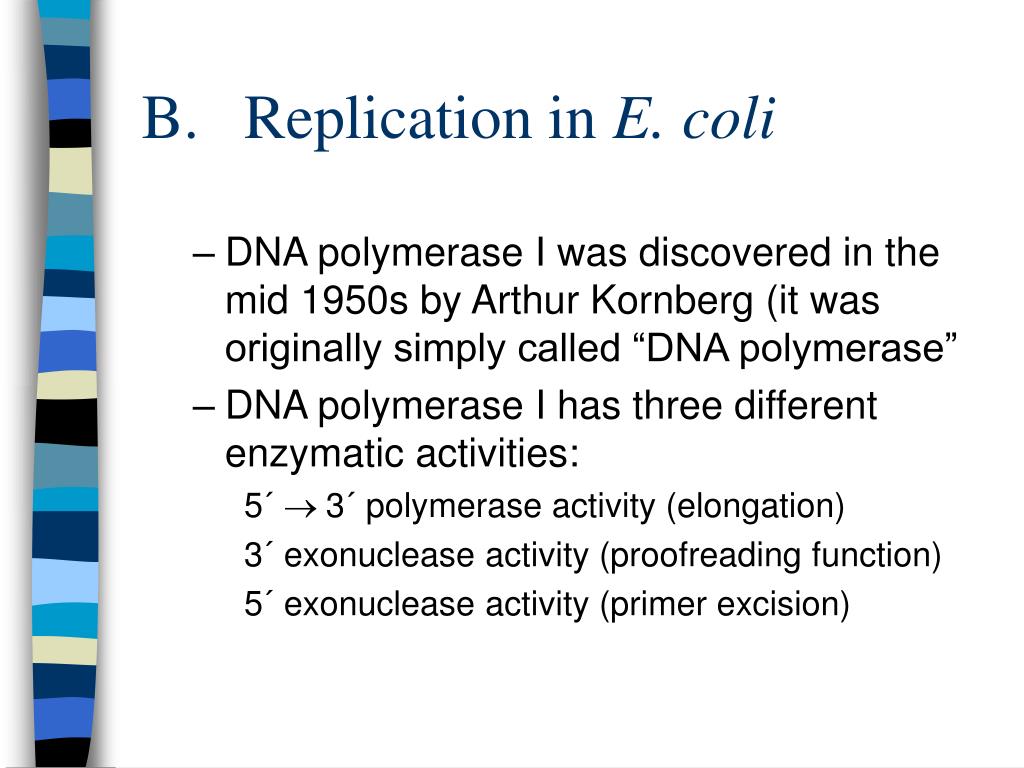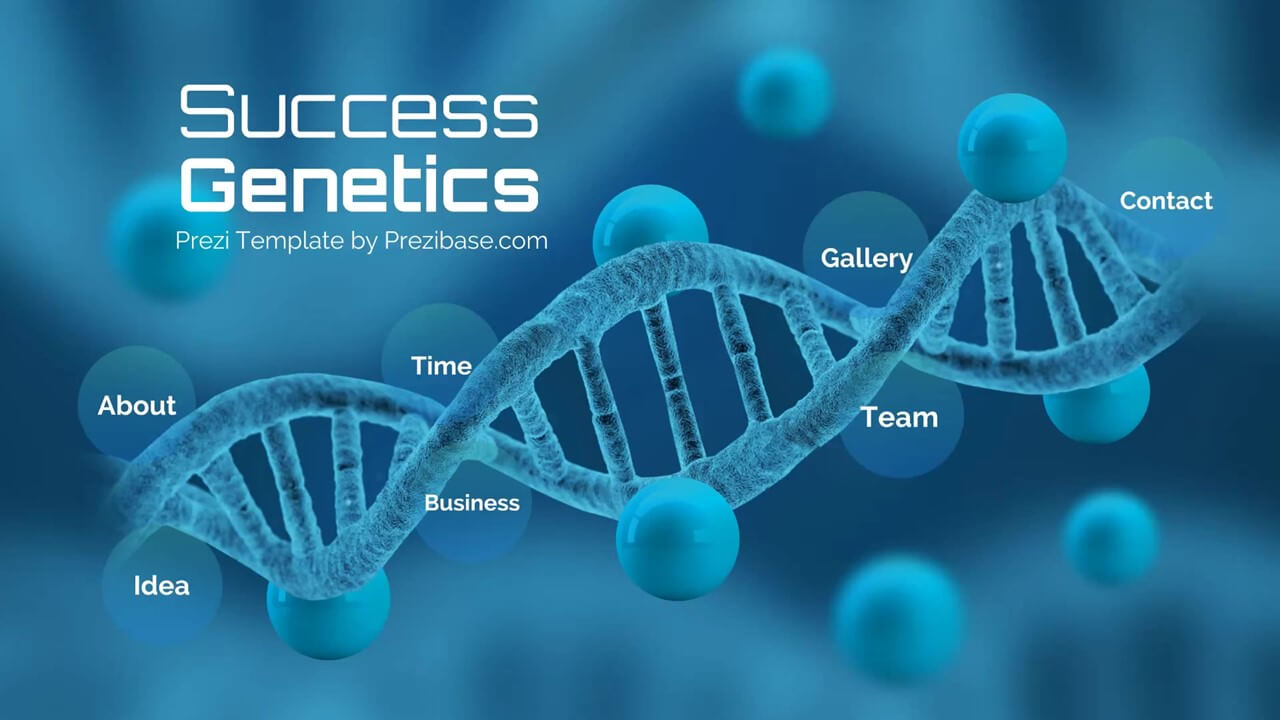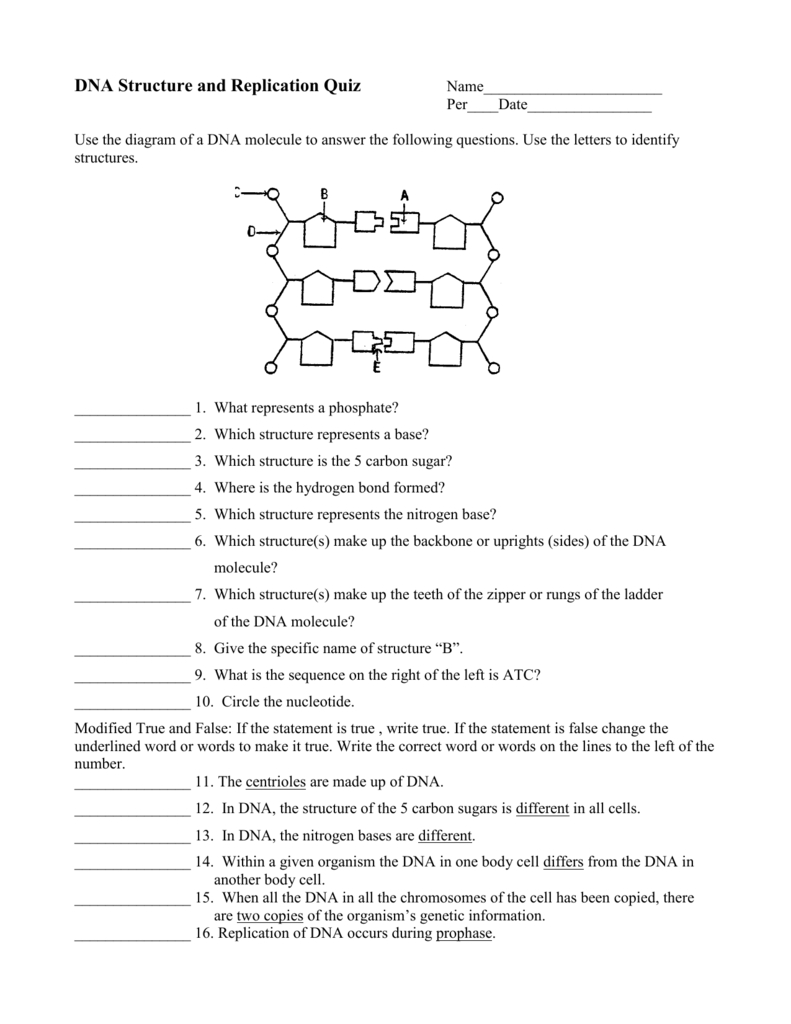Dna Replication Template
Dna replication template - Let’s learn about the dna replication process and the role of enzymes involved in dna replication. But replication is discontinuous on the other template with polarity \(5′ \to 3’\) because dna polymerase enzymes can add nucleotides in \(5′ \to 3’\) direction only. Using this activity, copying one human cell’s worth of dna would take more than 95 years.*. Study with quizlet and memorize flashcards containing terms like what is the first thing to occur in dna replication? The extension of dna from the 3′ end of the rna primer d. The replication process relies on the fact that each strand of dna can serve as a template for duplication. During dna replication, the two dna strands are pulled apart, and each original serves as a template for building a new partner strand. In transcription, the dna sequence of a gene is transcribed (copied out) to make an rna molecule. Dna replication initiates at specific points, called origins, where the dna double helix. Since half of the dna is preserved from the previous round of dna replication, we describe the process as.
During cell division, cells need to make a complete copy of their genetic information. The process cells use to copy dna is called dna replication. The synthesis of a short rna primer c. The removal of the rna primer, which is replaced by dna, which of the strands use a template for dna replication? Strands of the dna double helix are separated b.
DNA polymerases Clinisciences
During cell division, cells need to make a complete copy of their genetic information. The synthesis of a short rna primer c. During dna replication, the two dna strands are pulled apart, and each original serves as a template for building a new partner strand.
Why are Okazaki Fragments Formed
However, dna replication is catalyzed by a set of enzymes. In transcription, the dna sequence of a gene is transcribed (copied out) to make an rna molecule. When dna is replicated, the new dna molecule is made up of one strand of the original dna whereas the other strand is made of freshly made dna.
PPT DNA Replication Senior Biology Mrs. Brunone PowerPoint
But replication is discontinuous on the other template with polarity \(5′ \to 3’\) because dna polymerase enzymes can add nucleotides in \(5′ \to 3’\) direction only. However, dna replication is catalyzed by a set of enzymes. This process ensures that dna is copied accurately.
dnarep.html
But replication is discontinuous on the other template with polarity \(5′ \to 3’\) because dna polymerase enzymes can add nucleotides in \(5′ \to 3’\) direction only. Since half of the dna is preserved from the previous round of dna replication, we describe the process as. Dna replication initiates at specific points, called origins, where the dna double helix.
DNA replication at bubble stage, TEM Stock Image C006/9222 Science
Dna replication initiates at specific points, called origins, where the dna double helix. But replication is discontinuous on the other template with polarity \(5′ \to 3’\) because dna polymerase enzymes can add nucleotides in \(5′ \to 3’\) direction only. Since half of the dna is preserved from the previous round of dna replication, we describe the process as.
PPT DNA Replication PowerPoint Presentation, free download ID247339
But replication is discontinuous on the other template with polarity \(5′ \to 3’\) because dna polymerase enzymes can add nucleotides in \(5′ \to 3’\) direction only. The parental strands will act as a template for newly synthesising daughter strands. The process cells use to copy dna is called dna replication.
Success DNA Presentation Template Prezibase
The parental strands will act as a template for newly synthesising daughter strands. The extension of dna from the 3′ end of the rna primer d. It is to be noted that elongation is unidirectional i.e.
Dna Structure And Replication Quiz —
Dna replication initiates at specific points, called origins, where the dna double helix. Let’s learn about the dna replication process and the role of enzymes involved in dna replication. During dna replication, the two dna strands are pulled apart, and each original serves as a template for building a new partner strand.
The extension of dna from the 3′ end of the rna primer d. The parental strands will act as a template for newly synthesising daughter strands. Dna replication initiates at specific points, called origins, where the dna double helix. Study with quizlet and memorize flashcards containing terms like what is the first thing to occur in dna replication? It is to be noted that elongation is unidirectional i.e. The synthesis of a short rna primer c. During dna replication, the two dna strands are pulled apart, and each original serves as a template for building a new partner strand. The replication process relies on the fact that each strand of dna can serve as a template for duplication. During cell division, cells need to make a complete copy of their genetic information. In transcription, the dna sequence of a gene is transcribed (copied out) to make an rna molecule.
When dna is replicated, the new dna molecule is made up of one strand of the original dna whereas the other strand is made of freshly made dna. Dna is always polymerised only in the 5. Using this activity, copying one human cell’s worth of dna would take more than 95 years.*. The removal of the rna primer, which is replaced by dna, which of the strands use a template for dna replication? But replication is discontinuous on the other template with polarity \(5′ \to 3’\) because dna polymerase enzymes can add nucleotides in \(5′ \to 3’\) direction only. The process cells use to copy dna is called dna replication. This process ensures that dna is copied accurately. Strands of the dna double helix are separated b. Let’s learn about the dna replication process and the role of enzymes involved in dna replication. However, dna replication is catalyzed by a set of enzymes.
Since half of the dna is preserved from the previous round of dna replication, we describe the process as. So, short segments of replicated dna are formed by dna polymerase known as okazaki fragments which are joined together by means of dna ligase enzyme.
